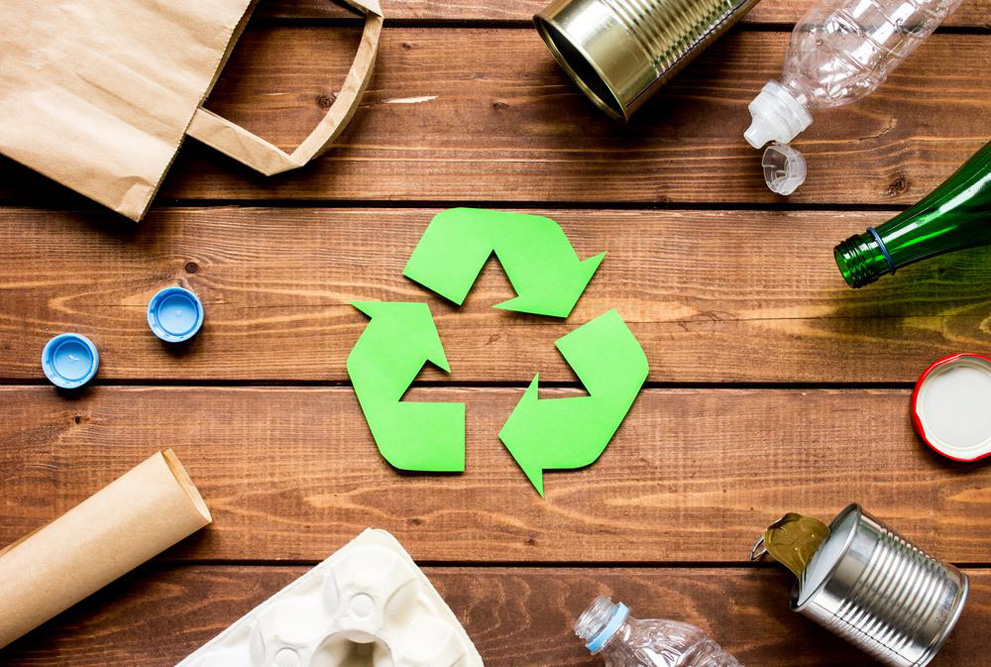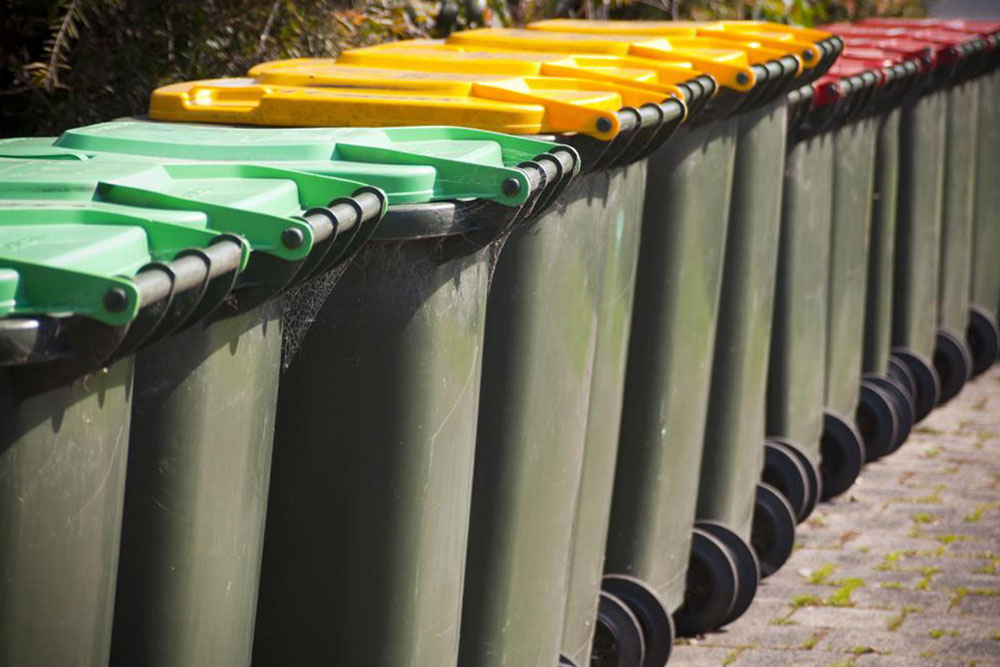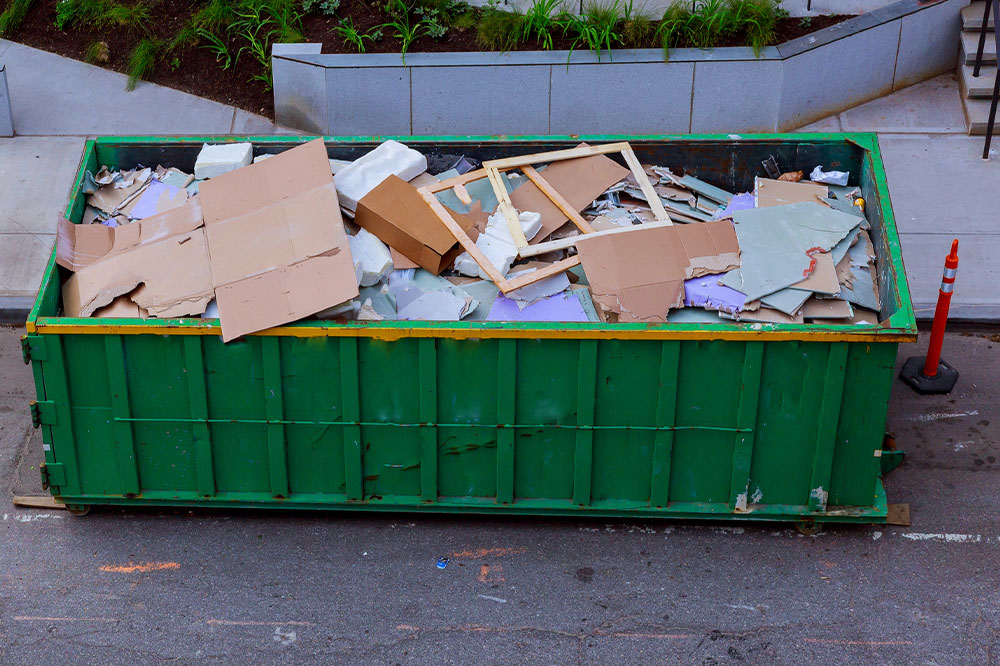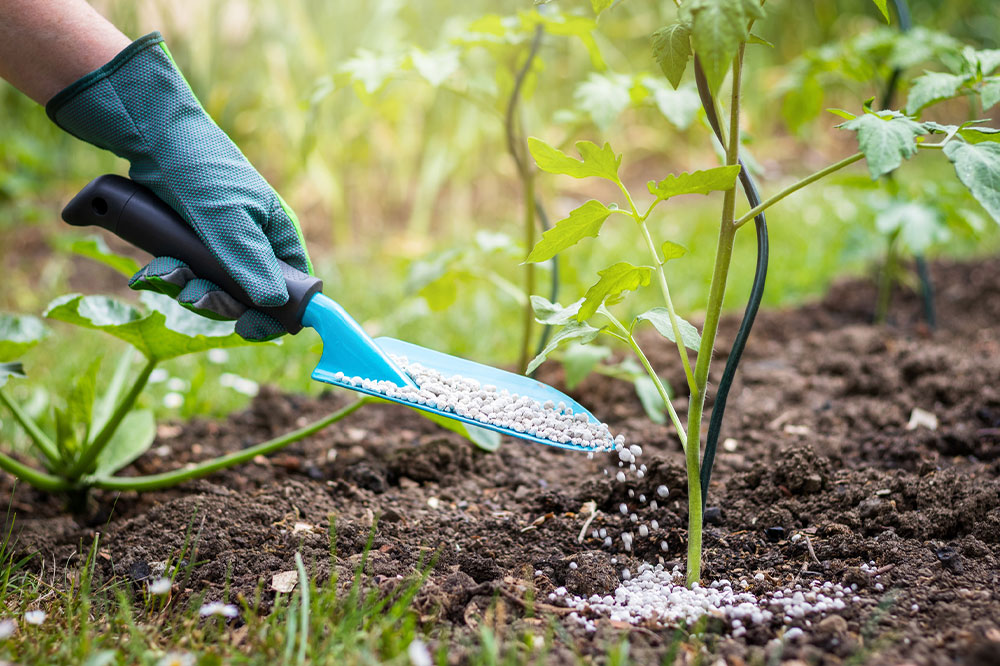Effective Waste Management Strategies
This article explores effective waste management techniques, emphasizing segregation, recycling, and disposal methods. It highlights the importance of proper waste handling for environmental sustainability, health, and economic benefits. Practical strategies like composting, energy recovery, and recycling are discussed. The piece underscores the necessity of suitable disposal infrastructure for successful waste management across residential, commercial, and industrial sectors, promoting a cleaner, healthier future.

Effective Strategies for Waste Management
Efficient waste handling refers to the process of managing waste from its creation to its final disposal, tailored to the specific type of waste. Proper waste management offers numerous benefits, including economic savings and health improvements. Waste sources today include residential areas, commercial zones, and industries. Implementing waste management techniques across different environments is essential for a sustainable future. Proper waste handling leads to a healthier environment, better public health, and a cleaner planet.
Waste segregation is crucial for effective waste management. It involves identifying and separating waste types to facilitate recycling or reuse. Waste can be broadly classified as dry (like metals, plastics, and wood) and wet (organic leftovers). Once segregated, waste can be processed further—recycled, composted, or converted into energy—contributing to environmental sustainability.
Recycling and Reuse are vital components of waste management, offering various ways to repurpose waste:
Organic Reuse: Composting biodegradable waste like plant matter and food leftovers to produce organic fertilizer, enriching soil health.
Energy Recovery: Processing waste to generate power or heat through controlled burning, known as waste-to-energy technology.
Pyrolysis: Burning raw materials to produce useful gases for fuel applications.
Recycling: Processing non-biodegradable waste such as plastics and metals for reuse, minimizing environmental impact.
Waste disposal methods include landfilling, incineration, waste-to-energy systems, plasma gasification, and composting—each suited to different waste types and spatial constraints. Proper disposal infrastructure is essential for all waste management activities; without it, sustainable waste practices cannot be effectively implemented.
Note:
Our blog offers diverse insights across various topics; information presented is based on research and may not be exhaustive. Readers should verify details independently, as the editorial team is not responsible for discrepancies or outdated data. Additionally, we may not cover all available schemes or offers that could benefit our audience.










